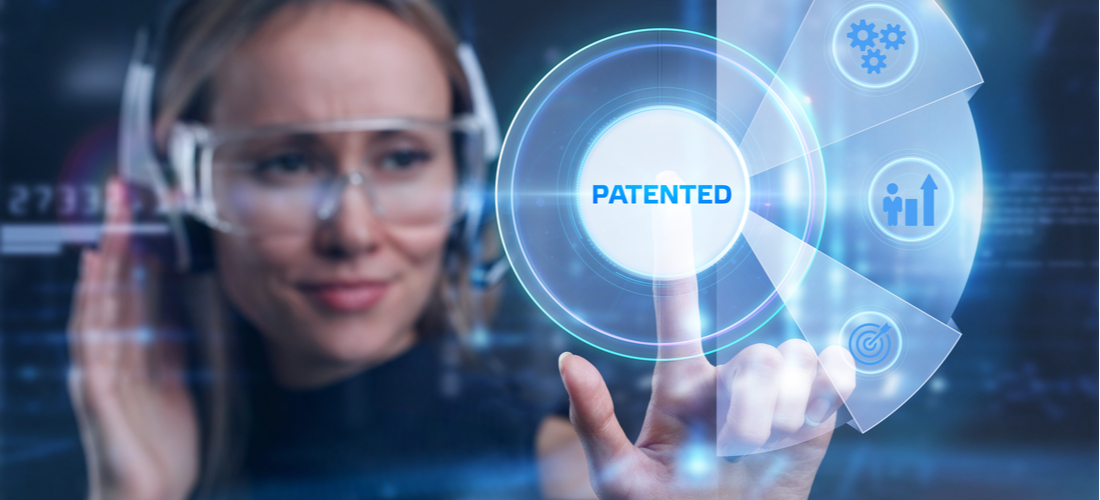Software is essential to many technological fields in the modern digital world. Organizations are innovating in the technology fields. They create either innovative software or innovative products that use innovative software to enhance product performance. The softwares need to be patented. Why? You will know why in this in-depth examination of software patents and inventions relating to computers in this article.
The need for software patents in India has surged in recent times. This is due to the internet’s rapid expansion and the country’s fiercely competitive market. Due to limitations in Indian patent laws, patenting of software was not permitted for a very long period there. However, in order to meet demand and protect inventors’ rights, the Indian Patent Office has developed comprehensive standards for patenting computer-related inventions (CRIs). It is crucial given the rapidly expanding nature of software firms and the rapid speed of technology.
Software Patent Explained
A software patent is a type of property right that shields computer programs or any other computer-related performance from other software. They are seen as a subset of utility patents and the issue of software patents is contentious both domestically and internationally. Software copyrights are distinct from software patents. Both safeguard the product, but copyright only protects an idea’s expression. It might only apply to a software program’s specific written code. Intellectual property law covers both software patents and software copyrights.
TRIPS Article 27 for Software Patent Protection
Without defining what an ‘invention’ is, Article 27 of the TRIPS continues by stating that patent protection is accessible for all inventions regardless of the field of technology and lays out the requirements for awarding a patent, including novelty, inventive step, and industrial use. The ‘Source Code’ and ‘Object Code’ of a program may be protected as ‘Literary Work’ under the Berne Convention of 1971, according to Article 10 of the TRIPS.
Software Patent in India
In India, software by itself is not patentable. However, if it’s a component of an imaginative, commercially viable innovation, the software is eligible for patent protection. The Patents (Amendments) Act of 2002 mentions the fact that a computer program itself is not a patentable invention. It is crucial to remember that the term ‘per se’ are solely associated with the word computer programme. The words per se are not tied to any other things that aren’t eligible for patent registration. Per se means, ‘by itself,’ ‘in itself,’ ‘as such,’ or ‘intrinsically,’ according to the common definition, to indicate that you are referring to something on its own, rather than in relation to other things. The software wouldn’t, therefore, be patentable on its own.
Why is a Software Patent Important?
You should look into the possibilities of applying for and securing a software patent if your product or service contains the software. While copyrights can restrict others from using your actual code, they cannot stop someone from building the same software independently. Even if the other party developed the software independently, a patent may allow you to prevent them from using the functional features of the software that are the subject of your claim. View the appropriate section of our patents article.
Copyright protection is provided by default, and while registration is not required, it is advised from the perspective of enforcement. In general, stakeholders and inventors emphasize the importance of software having access to patent protection. This is so that no one else may manufacture, market, or utilise the innovation in any other way.
A patent provides broader protection for an invention. Independent and small-scale creators can avoid competition from larger organisations with stronger resources, which is especially advantageous. Licensing rights come with patents. The inventor may make commercial use of these rights. A patent provides a company with attention and recognition on a global scale, which might result in lucrative alliances. Overall, a patent’s advantages can end up outweighing its expenses.
Significance of Software and Copyright
Computer programs are considered literary works under Section 2(o) of the Copyright Act of 1957. The Act does not make a distinction between source codes and object codes. They both fall under the definition of a computer program’s literary work. However, the work must be original in order for software or computer programs to receive copyright protection. Typically, the creator of the work is the copyright owner. However, in a relationship between an employer and an employee, the employer is the original owner of any work created while the employee was employed, without a contrary agreement. Additionally, making copies or adaptations of such a program by a legitimate owner in order to establish a temporary backup for the possibility of loss or destruction of such a software program for the intended use should not constitute infringement.
Click here to know more about Patent Registration Online
Conclusion
In general, India’s copyright rules cover the protection of computer software. However, the Indian courts have not yet recognised or acknowledged the extent of protection provided by license agreements for the software’s literal and figurative components, fair use standards, and authors’ rights. It is further determined that such a program may also be covered by patent laws given that it is an invention in and of itself and not just software based on an algorithm. Trade secrets appear to be a limited and constrained choice for protecting the IP vested in the software because there is no proper regulation outlining the scope of protection of software as a trade secret.
Also, Read:


